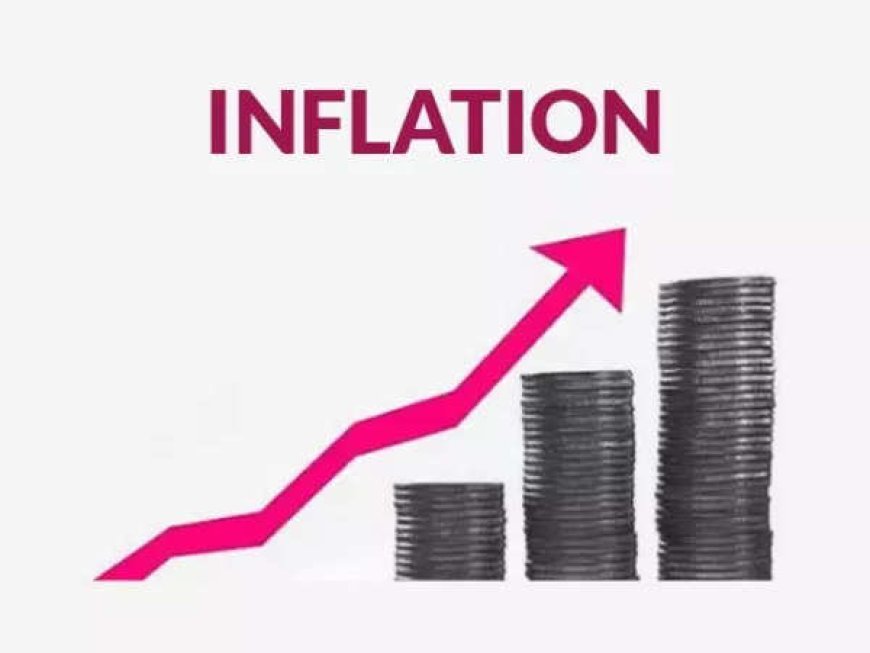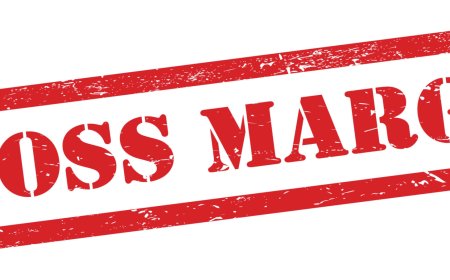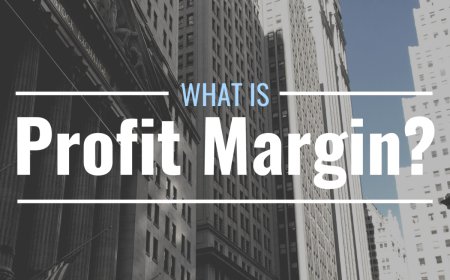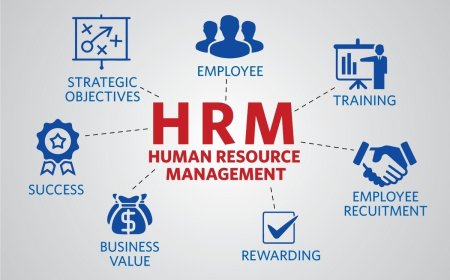What is Inflation

What is Inflation?
Inflation refers to the sustained increase in the general price level of goods and services in an economy over a specific period of time. In other words, it represents the decline in the purchasing power of a unit of currency. When inflation occurs, each unit of currency buys fewer goods and services than it did previously.
Inflation is typically measured using various indices, such as the Consumer Price Index (CPI) or the Producer Price Index (PPI). These indices track the changes in the prices of a representative basket of goods and services commonly purchased by consumers or producers, respectively.
Inflation can have both positive and negative impacts on an economy:
Positive effects:
Moderate inflation is considered normal and even beneficial for an economy. It encourages consumer spending as people tend to buy goods and services before prices rise further. It also reduces the real burden of debt, as borrowers can repay loans with less valuable currency. Moreover, it provides an incentive for businesses to invest and grow, as they can charge higher prices for their products and services.
Negative effects:
High and unpredictable inflation can be detrimental to an economy. It erodes the purchasing power of individuals, leading to a decline in their standard of living. It makes long-term planning difficult for businesses and households as they cannot accurately predict future prices. Additionally, excessive inflation can lead to wage-price spirals, where workers demand higher wages to keep up with rising prices, further fueling inflation. Central banks and governments often try to control inflation through monetary and fiscal policies to maintain economic stability.
Examples:
Samosa Price Increase:
A few years ago, you could buy a delicious samosa for Rs. 10. However, due to inflation, the price has gone up, and now you have to pay Rs. 15 for the same tasty treat.
Movie Ticket Hike:
Going to the movies used to cost Rs. 150 per ticket. But with inflation, the ticket prices have risen, and now you need to pay Rs. 200 for a movie experience.
Petrol Price Surge:
Inflation can also impact the cost of fuel. For example, a liter of petrol might have cost Rs. 70 a while back, but now it's Rs. 85 per liter, making it more expensive to fill up your vehicle's tank.
Rent Increase:
If you rent a flat, you might notice that the rent has increased over time due to inflation. For instance, your monthly rent might have been Rs. 8,000, but now it's Rs. 9,500.
Grocery Shopping:
Inflation affects the prices of everyday items. A packet of biscuits that used to be Rs. 20 might now be priced at Rs. 25, and a liter of milk that was Rs. 50 could be Rs. 55 now.
Salary Adjustment:
Inflation can also impact salaries. If your salary doesn't increase as fast as prices rise, your purchasing power decreases. For example, if your annual salary was Rs. 5,00,000 last year, you might get a raise to Rs. 5,50,000 this year to keep up with inflation.
Education Costs:
Inflation can affect tuition fees and education expenses. If a course or degree cost Rs. 1,00,000 a few years back, it might cost Rs. 1,20,000 now due to inflation.
Medical Expenses:
Healthcare costs can also rise with inflation. A medical procedure that used to cost Rs. 10,000 might now be priced at Rs. 12,000.
How does one invest keeping in mind inflation?
Diversify Your Portfolio:
Spread your investments across different asset classes like stocks, bonds, real estate, commodities, and cash. Diversification helps reduce risk and ensures that your investments have exposure to different sectors that may perform well during inflationary periods.
Invest in Real Assets:
Real assets, such as real estate, precious metals (e.g., gold, silver), and infrastructure, have intrinsic value and tend to act as a hedge against inflation. Their prices often rise with inflation, helping you preserve your purchasing power.
Consider Inflation-Protected Securities:
Some government and corporate bonds offer inflation protection, like Treasury Inflation-Protected Securities (TIPS). These bonds adjust their principal value based on changes in inflation, providing a measure of protection against rising prices.
Invest in Equities:
Equities (stocks) have outpaced inflation over the long term. Companies have the ability to increase prices and profits, which can help shareholders offset the effects of inflation.
Dividend-Paying Stocks:
Look for companies that pay regular dividends. Dividends can provide a steady income stream that can potentially grow over time, helping you keep up with inflation.
Focus on Growth Investments:
Invest in companies or sectors that are likely to experience above-average growth during inflationary periods. For example, industries like healthcare, energy, and certain consumer goods may perform well during inflation.
Reevaluate Fixed-Income Investments:
Fixed-income investments like bonds can suffer during inflationary times due to the eroding effect of rising prices. Consider shorter-term bonds or inflation-protected bonds to mitigate this risk.
Monitor Central Bank Policies:
Keep an eye on the actions of central banks and how they handle inflation. Their decisions, like raising interest rates, can impact various asset classes and investment strategies.
Review Your Investment Strategy Regularly:
Inflation and economic conditions can change over time. Periodically assess your investment portfolio and make adjustments as needed to align with prevailing economic trends.
Long-Term Perspective:
Investing with inflation in mind requires patience and a long-term perspective. Don't be overly reactive to short-term market fluctuations; focus on your overall financial goals.
Consider Professional Advice:
If you're uncertain about how to invest in an inflationary environment, consider seeking advice from a financial advisor. They can provide personalized guidance based on your financial situation and goals.
Inflation is when prices of things go up over time, making the money we have worth less. It's a regular thing in the economy, but it can affect how much we can buy with our money. To protect our savings and investments, it's essential to choose options that can keep up with or even beat inflation. Central banks try to manage inflation, but it's crucial for us to understand how it affects our finances and make smart choices to stay financially secure in changing times.
What's Your Reaction?
 Like
0
Like
0
 Dislike
0
Dislike
0
 Love
0
Love
0
 Funny
0
Funny
0
 Angry
0
Angry
0
 Sad
0
Sad
0
 Wow
0
Wow
0







































































